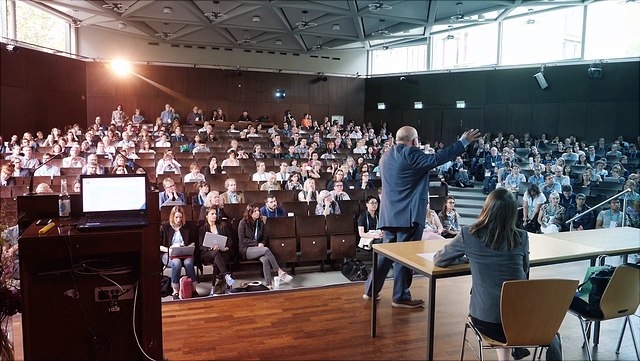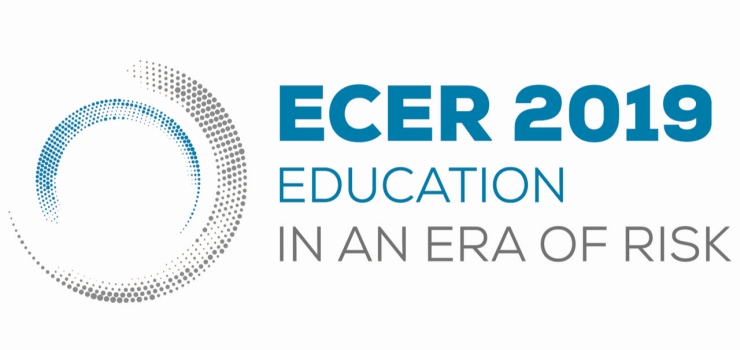Education in an era of risk - the role of educational research for the future
ECER theme and program
Our globalised, rapidly changing world is increasingly perceived as risky and unstable. War, violence, environmental disasters, political and economic crises, labour market upheaval – such phenomena are viewed daily, not least on account of the changing media landscape. The gap between rich and poor continues to grow exponentially.
International migration, which is partly a consequence of these phenomena, leads to drastic societal change in both donor and receiving regions. Old certainties are questioned, leading to uncertainty and ambiguity regarding, for example, social cohesion, political stability and lasting peace. Europe’s geographical, political and economic model, which has stood for security and stability since WWII, has itself become uncertain.
Uncertainty also plays out in individual lives, careers, families and social networks. Such developments are of utmost relevance to education systems worldwide as they are responsible for providing learners with the skills and capacities to live and act under given social conditions.
Given that these future conditions can hardly be predicted in the current era of risk, educational processes, developments, and capacity building become uncertain.
What do we know about the unfolding of such educational processes in present times and what are the skills and capacities that are needed in this complex situation?
- How can educational systems – also operating under conditions of uncertainty – provide a basis for the development of those skills and capacities?
- Which ‘promises’ can educational systems and institutions make to the future generations, and which can they actually keep?
- What is the role of education itself and educational research in dealing with the aforementioned problems?
- Can regional experiences and insights be ‘internationalised’, or must we work from context to context?
Educational research has a significant role to play in generating answers to these questions. This is not bound to theory as educational research possesses the tools to empirically examine assumptions and to provide evidence-based knowledge, for in-stance, as a basis for evidence informed decision making.




